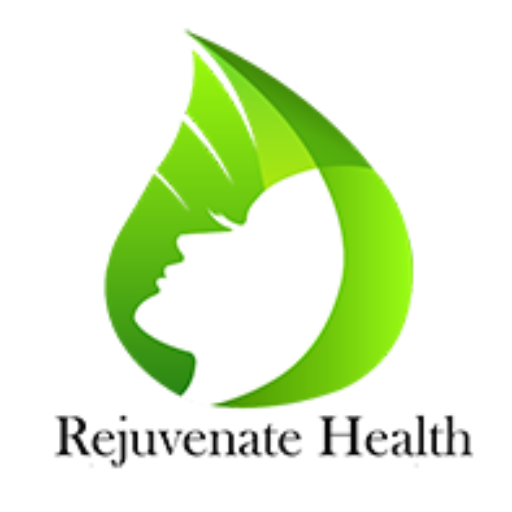Introduction
The monsoon has arrived, and several Indian cities have flooded streets. The prevention of bacterial infections, which are typically spread by exposure to such contaminated water, requires taking certain factors into account and avoiding others.
Exposure to infected animal urine, such as that of infected rodents, cattle, or dogs, or by exposure to water polluted with that urine can cause a spike in a relatively rare bacterial infection called leptospirosis.
The bacteria that cause this ailment are frequently transmitted from animals (like dogs, and rats) to humans while walking through waterlogged areas.
Open wounds, the eyes, or mucous membranes are some of the entry points for the bacteria into the body.
Leptospirosis symptoms in people
Leptospirosis can occasionally result in minor flu-like symptoms or no symptoms at all. However, it can occasionally also result in lethal consequences such as kidney damage, meningitis, liver failure, respiratory distress, pneumonia and even death.
The most common clinical presentations of leptospirosis include:
- Fever
- Coughing
- Headache
- Muscle discomfort
- Skin rashes without itching
- Loss of appetite
- Conjunctivitis
- Sore throat and cough
- Diarrhoea
- Vomiting
- Chills
- Red eyes
- Stomach pain
In this blog, we will discuss the diagnosis and treatment of leptospirosis. We’ll also go through the best foods to keep you free of illness.
Helpful tips for avoiding leptospirosis
- Control pests, especially rodents
- Wash hands with soap and water after handling animals and animal products
- Avoid wading, swimming, or other contacts in fresh water, like rivers or streams, that might contain animal urine
- Avoid swimming in water bodies after heavy rainfall or flooding
- Treat unsafe water by boiling it first
- Keep rats and mice under control
- Wear protective clothing or shoes when handling contaminated water or soil
- If your work involves animals, ensure that you wear protective clothing or shoes
- Avoid touching dead animals with bare hands
- Clean all wounds as soon as possible and cover them with waterproof dressings
- Wear protective clothing at work
- Avoid contact with anything that has been in contact with flood water
- Avoid drinking water from rivers and lakes unless it has been boiled or chemically treated
- Ensure that your pet dog is appropriately vaccinated against leptospirosis
Rehydrate to maintain your health
Stay hydrated because dehydration can put pressure on your organs, some of which may experience jaundice in extreme circumstances.
You must therefore maintain both your body’s hydro-electrolytic balance and hydration levels. So, choose beverages made with a glucose and salt solution.
Make ginger a part of your diet
It is among the most efficient methods for treating leptospirosis. A study has revealed that ginger extracts reduce anti-inflammatory cytokines, which can prevent organ damage brought on by leptospirosis.
Ginger can be consumed by adding it to soup, dal, and other dishes or by sipping a cup of warm ginger tea.
Consume turmeric
Several studies have revealed promising therapeutic effects of curcumin in successfully combating leptospirosis.
Curcumin is found in turmeric and this bioactive compound is a powerful antioxidant that can help patients with leptospirosis.
Foods to be avoided
- Milk and milk products
- Beverages like tea and coffee
- Ice creams and Sweets
- Non-vegetarian food products
- Eggs
- Cashew nuts and almonds
Diagnosis of leptospirosis
Leptospirosis can be diagnosed on clinical grounds using the following methods:
- Blood tests. Your doctor might order blood tests to measure your complete blood count and your kidney and liver function, as well as to detect antibodies for leptospirosis.
- Microscopic agglutination test (MAT). This test is considered to be the gold standard for diagnosing leptospirosis. The test checks your blood serum for leptospirosis antibodies.
- Lumbar puncture. A lumbar puncture to check the cerebral spinal fluid for signs of meningitis.
Final thoughts
Leptospirosis poses a major threat to life. Because of this, it’s crucial to take precautions against polluted water and diseased animals, especially if you’re pregnant, nursing, or an older adult.
It is important to take adequate precautions to avoid this monsoon-related ailment. Making healthier eating choices to keep your immune system strong is the best way to avoid infections.
Get medical help if you have cuts on your body or you have come into contact with polluted water or soil, unvaccinated animal or farm animal urine, or both.
As an add-on, make a habit of taking preventive health checkups as they can help you in getting a complete insight into your health.
This will also help you with taking measures to promote your overall well-being.
